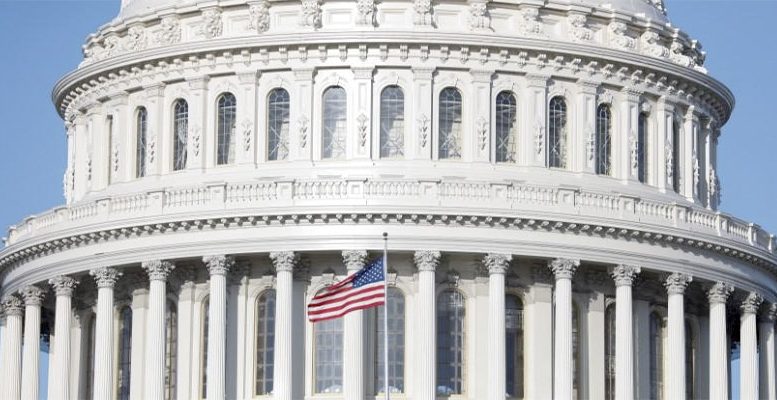Tiffany Wilding, Libby Cantrill (PIMCO) | Global policymakers are turning to their fiscal arsenals to meet the coronavirus-induced economic challenges, a welcome development as central banks have pushed monetary policy to the edge of exhaustion.
In the U.S., the politics around a large spending bill undoubtedly have changed; as recently as two weeks ago, policymakers passed an $8 billion spending bill limited to the health response to COVID-19 endangering lives. Yet the rapidity of the coronavirus’ spread, the dramatic drawdown in the market, and economic weakness have made a bolder fiscal response an economic imperative – and a political one.
As of this writing, Congress has passed a nearly $100 billion package that offers a mix of policy responses to affected workers, such as 14 days’ paid leave, expansion of Supplemental Nutrition Assistance Program benefits, increases in unemployment insurance, and increased Medicaid funding.
Yet, as the market continues to wobble and the economy slows, an even bigger stimulus package, which could range from $600 billion to $1 trillion, looks to be just a matter of when, not if. However, to the potential disappointment of the market, passage of that legislation could be more incremental than comprehensive (i.e., Congress may be forced take several bites of the apple, with the stimulus spread over multiple smaller bills rather than one large bill), possibly taking weeks, not days, to pass. An added complicating dynamic is that members of Congress may not be allowed to return to Washington, D.C., for the next several weeks as the number of virus cases spreads on Capitol Hill and members are forced to help fashion legislation remotely – a challenge in its own right.
Another challenge particular to this downturn is that some of the traditional fiscal levers and tools may be less effective. For instance, it may be difficult to set up lending facilities that reach all of the small and midsized businesses that will be the most affected by disruptions. Meanwhile, sending checks directly to individuals may be welcome to meet basic needs, but it is unclear whether that could help to increase demand for services, particularly from those industries hardest hit. After all, if Americans are self-quarantining, few people will be shopping for leisure or traveling.
What we could see in a bigger stimulus package is a mix of policy tools – additional assistance for the unemployed, assistance for small businesses in terms of affordable access to credit and potentially a payroll tax holiday, some direct relief for those large industries affected the most (airlines, hospitality), funding for 2008-era credit facilities executed by the Treasury and the Federal Reserve, and more funding in order to mitigate the spread of the coronavirus.
Still, while these policies won’t be a perfect panacea, they would help thwart a deeper economic contraction. At this point, with a U.S. recession quite likely, a 4% of GDP increase in government spending would serve as an important offset for the short-run economic damage that is likely to be done from social distancing, travel moratoriums, and outright quarantines.
Bottom line: While the politics support a bigger fiscal response in the U.S., we should remember that Congress is designed to act more incrementally and more slowly than markets may like. While stimulus is on the horizon – and we should never underestimate Congress’ ability to respond to a crisis, especially if their jobs are on the line – it would be a mistake to think that whatever Congress passes will be a definitive fix for the economy, at least in the short term.





